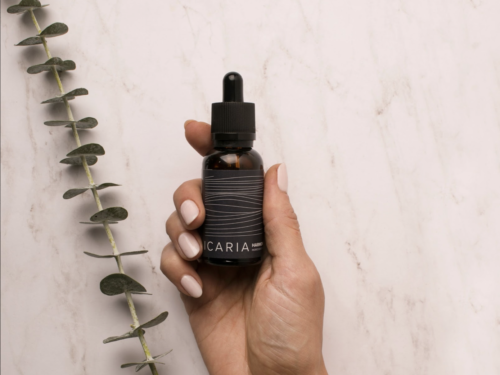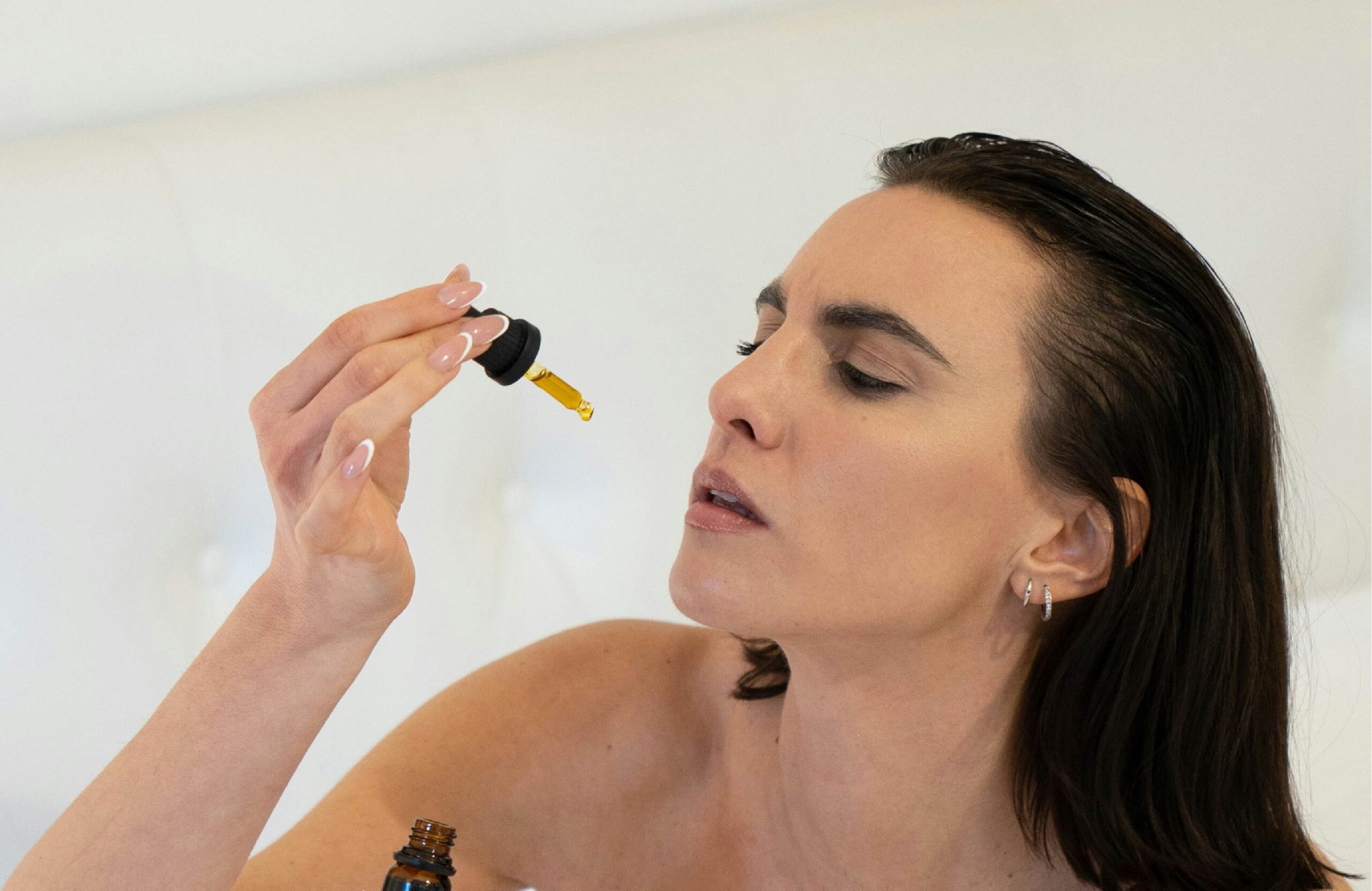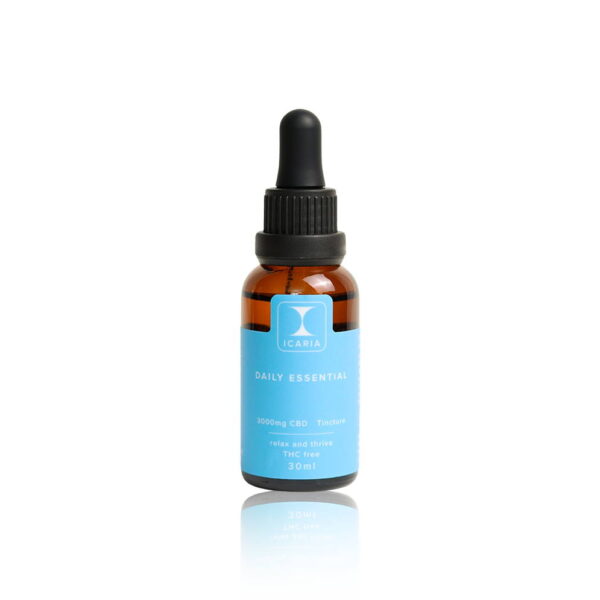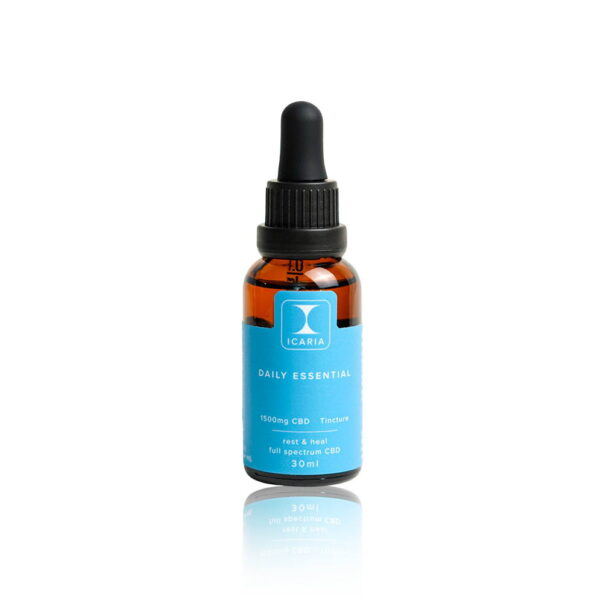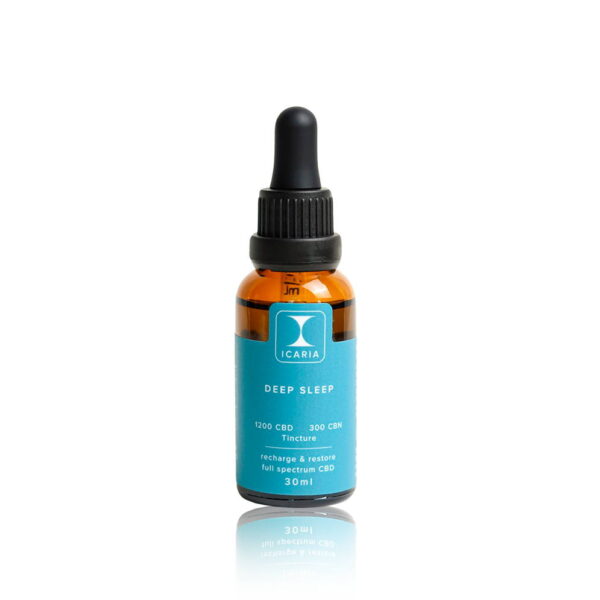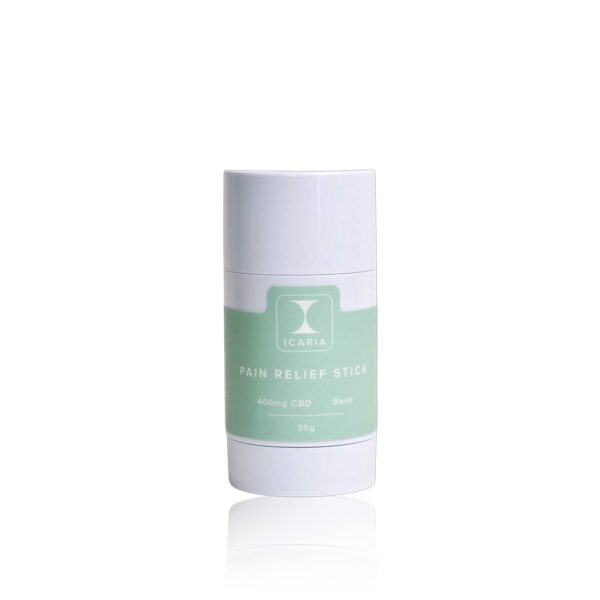The new trend in the CBD world is something that works like CBD but actually is not. It’s an essential oil called Copaiba. But does it really live up to the hype? Can Copaiba be a substitute for CBD oil like many people claim?
Today we are breaking down exactly what Copaiba is, how it works, what the key differences are between it and CBD, and if you really can use it as a replacement for CBD. Keep on reading to find out more!
What is Copaiba?
Copaiba essential oil comes from the resin of the copaiba tree from South America. This tree can even grow to over 100 feet. The essential oil is commonly used in cosmetic products and health practices by the natives of Brazil.
Copaiba has recently become more popular as it offers a number of health benefits. In particular, it can help to soothe anxiety and can also be applied to the skin to help with clarity.
Taken internally, it is supposed to support the health of the cardiovascular system, immune, digestive, and nervous systems. Copaiba also works to support a healthy inflammatory response, even being applied orally to gums and mouth.
The Bottom Line: Copaiba is an essential oil that comes from the resin of the South American Copaiba tree and can offer a variety of health benefits.
How Does Copaiba Work?
Copaiba does not contain any psychoactive cannabinoids like cannabis. What it does contain, however, is the main compound called caryophyllene. This chemical could be neuroprotective and possibly offer cardiovascular and immune benefits when ingested. It is also a powerful antioxidant that promotes immune health.
Copaiba contains the highest levels of this caryophyllene (BCP) among the essential oils. BCP is the main active component and considered to be an irregular or pretend cannabinoid. It selectively binds to CB2 receptors in the endocannabinoid system (ECS). These receptors are of specific importance as they are mostly found within the immune system and are part of the peripheral nervous system.
When Copaiba is consumed, the BCP binds to the CB2 receptors, just like CBD would bind to them. In this way it assists in a healthy immune and inflammatory response. This would be specifically useful for those dealing with any pain, inflammation, or autoimmune conditions.
It also influences multiple other signalling pathways to promote a healthy liver, digestive, kidney, heart, and brain function. The active compound BCP is yet another natural solution, much like CBD, that can support key organs and contribute to general health and well-being.
The Bottom Line: The main active compound found in Copaiba is caryophyllene which works on the endocannabinoid system similar to CBD from cannabis.
How Does Copaiba Compare to CBD Oil
Copaiba certainly sounds like the new miracle supplement on the market with lofty claims and even comparing itself to CBD oil. But don’t be fooled, Copaiba is most certainly not the same things or even a substitute for CBD oil by any means. The only major thing they have in common is that they both come from a plant source.
First off, Copaiba comes from a tree trunk and CBD comes from the cannabis plant. The active compound in Copaiba called BCP, is not actually a cannabinoid. In essence, it is a terpene and only acts somewhat like a cannabinoid. CBD is a true cannabinoid that can work on the ECS.
This makes a significant difference. While certainly some of the effects could possibly be similar, Copaiba really will not behave in the same way as CBD. The effects and benefits will be limited by this point alone.
In addition, unlike CBD, Copaiba only works on the CB2 receptors. Meanwhile the ECS is composed of both CB1 and CB2 receptors. This distinction is rather important. You will quickly understand that by using Copaiba, you are getting only about half the effectiveness of CBD by missing out on the CB1 receptors.
The CB1 receptors are located within the central nervous system. As such, they could offer even greater benefits if activated along with the CB2 receptors, in addition to the entourage effect. The CB2 receptors are part of the peripheral nervous system. This also allows for CBD to have a much longer list of potential health advantages like helping with sleep and focus.
The Bottom Line: While at first glance it seems like Copaiba could be a replacement for CBD, there are some major differences that need to be accounted for.
Which One is the Better Option?
Of course, you can probably tell by this point that we are leaning towards CBD oil pretty heavily, and that’s because we know that it works and that there is enough research to support that. It’s just going to be more of a holistic solution in general by working to bring the entire body back into balance while also supporting hormones.
That’s not to say that Copaiba essential oil does not work. If you are someone who suffers with chronic anxiety, pain, or inflammation, then it probably could be worth a try if you are not comfortable with trying CBD. In these cases, anything that works is a great option. Just know that it has quite an unpleasant taste.
Also, be wary of anyone or any information that tries to say that Copaiba is the new CBD. Yes, they both come from plants and you could agree that some of the effects are relatively similar. However, they are definitely not the same thing by any stretch of the imagination.
The Bottom Line: It really is up to you what decisions you make for your health. That being said, if you are wanting the full package deal, then CBD oil is your best bet.
The Final Word
There you have it. While you might want to believe that Copaiba is basically another natural solution like CBD oil but without the CBD, we encourage you to think again. While this essential oil could certainly provide some health benefits, it will still fall short of CBD.
Yes, essential oils can be incredibly powerful tools when used properly, but they simply will not be able to have the same effects as a high quality CBD oil. That being said, be sure to also do your research before trying out any new natural supplement!
